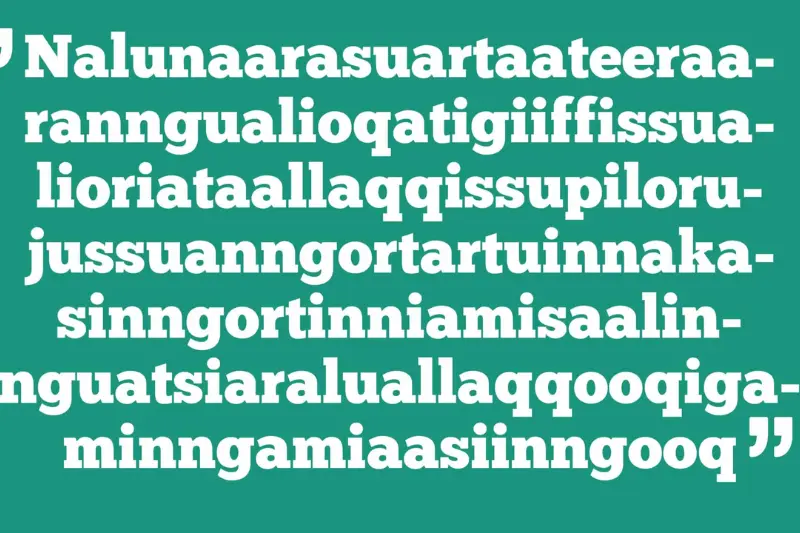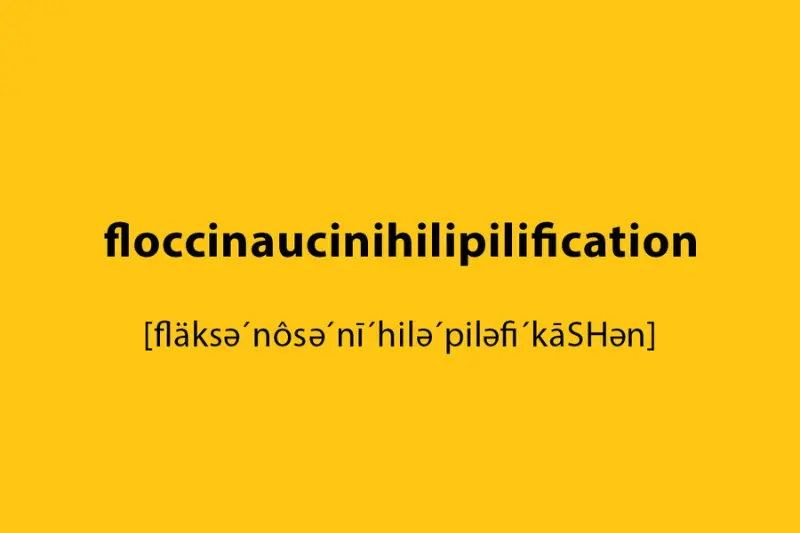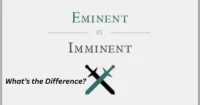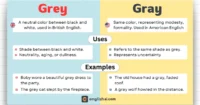Longest Word: Discover the World’s Longest Words
Published: 30 May 2025
Introduction:
In the world of language, some words are so long they seem almost impossible to pronounce. Whether you’re fascinated by linguistic quirks or just love a challenge, understanding long words and discovering the longest word ever can be an intriguing journey. In this article, we’ll dive into the history, structure, and significance of some of the longest words known to mankind.
What Makes a Word Long?

Before we dive into specific examples, it’s important to understand what we mean by “long words.” Generally, a long word refers to any word that has an unusually high number of characters. This could include:
- Technical or scientific terms (e.g., medical terms)
- Words used in certain languages that are agglutinative (combine several elements to form one word)
- Words that have been created for the sake of linguistic fun or challenge.
Long words are often complex and can come from various fields, like medicine, chemistry, or even legal jargon.
The Longest Word in the English Language

While there’s no definitive, universally agreed-upon longest word in English, there are several contenders. The one that stands out most is Pneumonoultramicroscopicsilicovolcanoconiosis—a mouthful, right?
This 45-letter word refers to a lung disease caused by inhaling very fine silicate or quartz dust, typically found in mining. It’s often cited as the longest word in the dictionary, although it’s considered somewhat artificial since it was coined primarily to serve as an example of a long word.
Other notable mentions:
- Supercalifragilisticexpialidocious (34 letters): Famously used in the movie Mary Poppins.
- Floccinaucinihilipilification (29 letters): The act of describing or regarding something as unimportant, of having no value or worth.
Different Languages
Long words aren’t just a quirk of the English language. Other languages also have their own contenders. For instance:
- German is famous for its long compound words like Donaudampfschiffahrtselektrizitätenhauptbetriebswerkbauunterbeamtengesellschaft (79 letters), which roughly translates to “Association for subordinate officials of the head office management of the Danube steamboat electrical services.”
- Finnish has incredibly long compound words as well, like lentokonesuihkututantaaraponkalamiespaimenaymparistokonsultteeri (61 letters), a term that roughly refers to a jet fighter pilot fish herder environmental consultant.
The Role of Long Words in Science and Medicine
In fields like science and medicine, long words are often a necessity for precisely describing complex phenomena. These terms are often so lengthy because they are created using a systematic approach of combining Latin or Greek roots.
For example:
- Tetrahydrocannabinol (THC, 11 letters): The active compound in marijuana.
- Deoxyribonucleic Acid (DNA, 15 letters): The molecule that carries genetic information.
- Antidisestablishmentarianism (28 letters): A political position that originated in the 19th century, although not commonly used today.
Why Do We Use Long Words?
Long words often arise out of necessity—whether for scientific precision, historical context, or linguistic tradition. They’re not just “big” for the sake of it, but are a tool for conveying very specific meanings. However, they can also serve as a way to show off one’s linguistic prowess or to add a playful or formal touch to a conversation.
Can You Actually Use These Long Words in Daily Life?
While many of the longest words are primarily academic or technical terms, there are some occasions where long words find their way into everyday conversation. For example, “supercalifragilisticexpialidocious” has found popularity in pop culture, and “antidisestablishmentarianism” might come up in discussions about politics or history.
However, for most long words, it’s important to consider your audience. Using overly complicated terms can alienate listeners or readers who may not be familiar with them.
FAQs about Long Words
The longest word often cited is Pneumonoultramicroscopicsilicovolcanoconiosis, a 45-letter term referring to a lung disease caused by inhaling fine silica dust.
Yes, it’s a whimsical word made popular by the Mary Poppins movie. While not commonly used in formal contexts, it is recognized in some dictionaries as a humorous or playful term.
Long words often come from scientific, medical, or technical fields where complex ideas require precise terminology. Some are also created for fun or linguistic exploration.
Technically yes, but it depends on the context and your audience. Using overly long or obscure words might confuse listeners unless they’re familiar with the terms.
Languages like German and Finnish are known for extremely long compound words. Their structure allows for the creation of very long terms by stringing together smaller words.
Not always. Some long words are coined for novelty or academic use and may not appear in standard dictionaries, especially if they are not in regular usage.
Conclusion:
Long words may seem intimidating or unnecessary at first glance, but they play a vital role in enriching our language. Whether used for scientific accuracy, historical relevance, or creative expression, these complex terms allow us to communicate with nuance and specificity. While they’re not always practical in everyday conversation, understanding and occasionally using long words can enhance both our vocabulary and appreciation for language. The key lies in knowing when and how to use them effectively—balancing clarity with sophistication.

- Be Respectful
- Stay Relevant
- Stay Positive
- True Feedback
- Encourage Discussion
- Avoid Spamming
- No Fake News
- Don't Copy-Paste
- No Personal Attacks



- Be Respectful
- Stay Relevant
- Stay Positive
- True Feedback
- Encourage Discussion
- Avoid Spamming
- No Fake News
- Don't Copy-Paste
- No Personal Attacks





